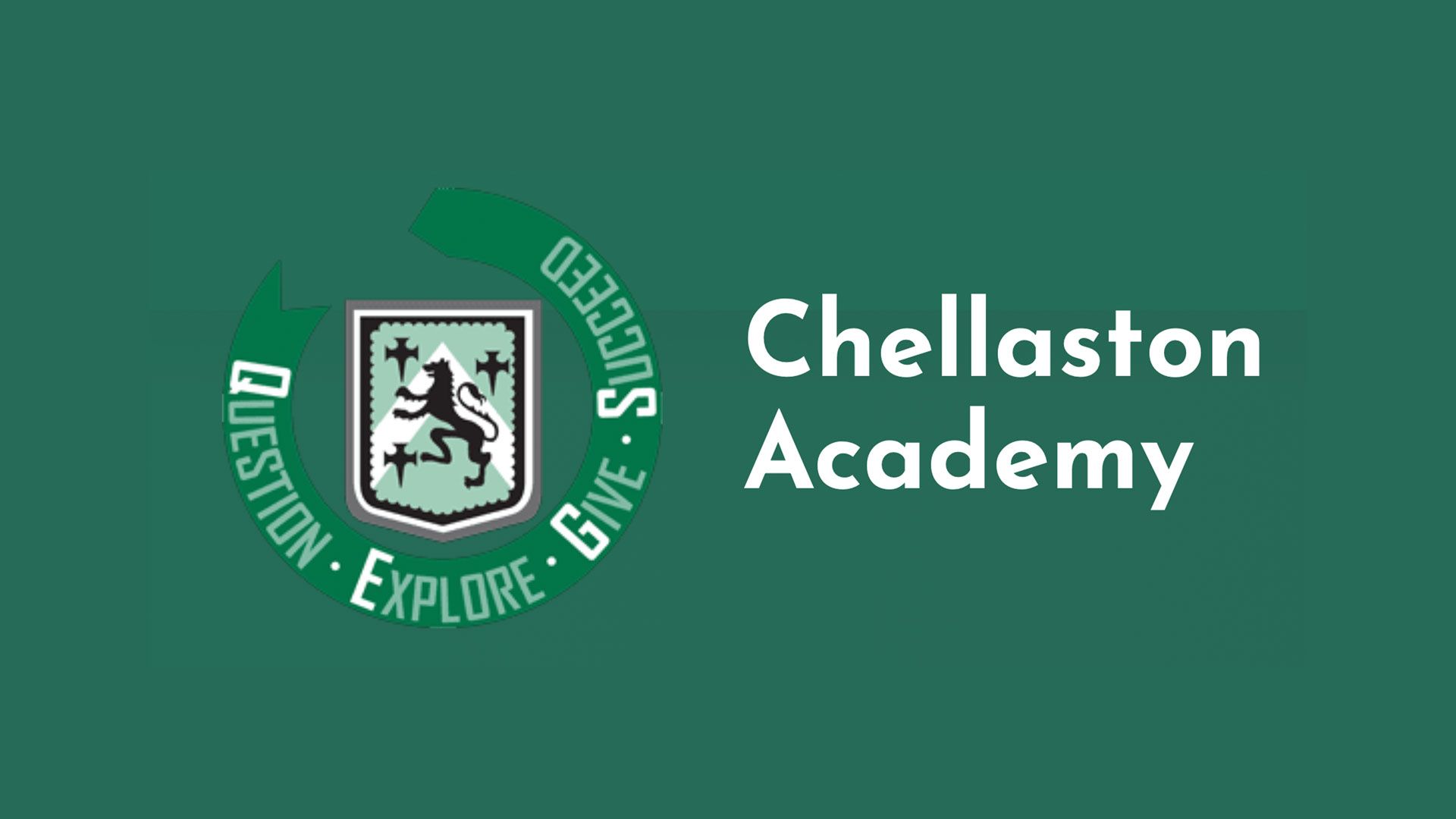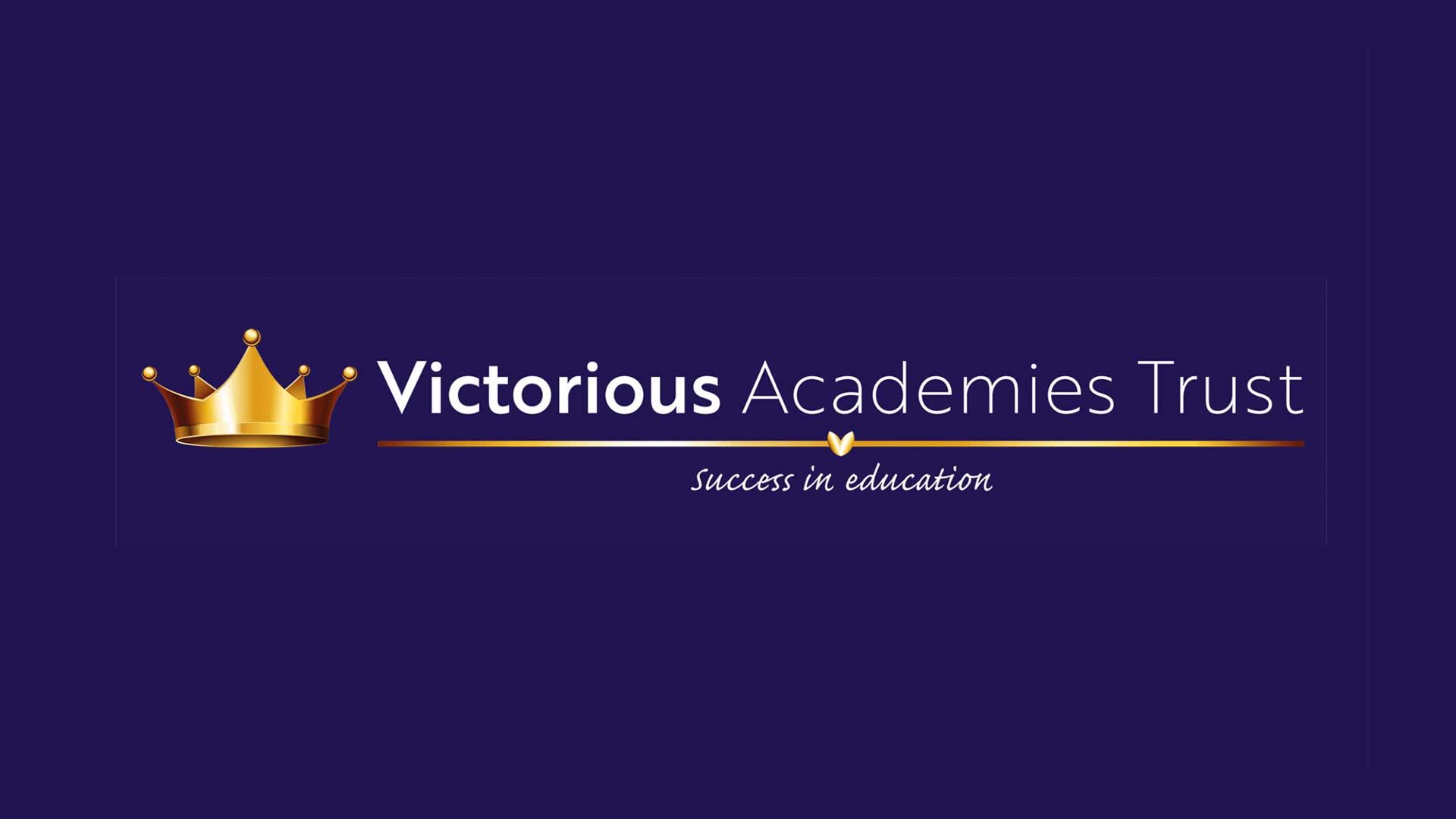What can we learn from Cristiano Ronaldo about building positive relationships with others?

Yesterday, Cristiano Ronaldo left Manchester United with immediate effect. Now, as a teacher struggling through a pile of marking and a to-do list as long as your loo roll, the plight of a multi-millionaire footballer might not have you reaching for a hanky anytime soon.
But hear us out.
Ronaldo’s recent behaviour - both on and off the pitch - can teach us the importance of building positive relationships with those you work with and highlights the impact of poor relationships on everyone involved.
The importance of positive relationships
Teaching’s a funny old game, isn’t it? Not many professions have you uttering the words, “Please stop eating the Pritt Stick” and, “It’s time to use our indoor voices” as much as teaching does.
But it’s also one that can cause intolerable amounts of stress and anxiety, with Ofsted, data analysis and the mental health fallout from a global pandemic breathing down your neck like a drunk uncle at a wedding.
Not something Cristiano Ronaldo has been contemplating in recent months.
Nevertheless, he’s been feeling a tad under-appreciated, openly saying he had “no respect” for the manager Erik ten Hag and, in an interview with Piers Morgan, suggesting the club had not progressed since he first left in 2009. Now, as much as this was music to my ears - I’m a Liverpool fan - I couldn’t help but shake my head at his scathing comments.
Because it’s this kind of behaviour that can have a heavy impact on a team’s dynamics and performance. But also on the players themselves.
And while you may not be part of a premier league football club, positive relationships matter in schools too. With all the stress and anxiety you face daily, building and maintaining positive relationships with your teaching colleagues is essential - because only they know what it’s like.
Your family and friends - heck, even teaching buddies in other schools - can empathise, but the ones in your school dealing with your challenges can become the support network you need.
More than that, they can become lifelong friends.
But it’s not always easy to know how to build these positive relationships, especially if you’re new to your job or other people’s experience makes the prospect seem daunting. Here are three simple tips you can start doing today to help you make those all-important connections and develop positive relationships that last. Maybe I’ll send them to Cristiano too?
Communicate
Relationships thrive on good communication. Yes, talking to colleagues is vital, but try to develop conversations that move beyond school life.
If you’re always complaining to each other about different aspects of your job, you’ll soon enter an echo chamber. Instead, try getting to know your colleagues’ interests outside the classroom.
Not only will it ensure you avoid being sucked into the negativity vacuum, but it also builds trust and confidence between you and them. Of course, you don’t need to get to know everyone’s personal lives, but finding out a few people’s hobbies and interests is a great way to build relationships.
It’s not all about the talking, either. Developing your listening skills is a key part of excellent communication. But when we talk about listening here at Laughology, we mean really listening. Not someone who lends half an ear whilst marking books or tidying the classroom, but someone who finds a quiet spot and gives their full attention. It can make all the difference. Just like you teach your children to listen with their ‘whole bodies’, the same principle works here too.
Set up boundaries, though; otherwise, it’s too easy for people to hijack your good nature, giving you the reputation of everyone’s sounding board. If someone wants to chat, even if it’s about their weekend, but you’re in the middle of marking a pile of books, why not arrange to talk with them at a more mutually convenient time? You then remain in control of your workload, boundaries, and energy levels.
Be sociable
Many positive relationships are built, sandwich in hand, across the staffroom table. Workload may dictate how often you visit the staffroom, but visit you must. Why? To get to know your colleagues and ensure you take a break from the inevitable cycle of planning, preparation, marking and assessment.
A space to offload, the staffroom also provides you with the opportunity to pick up new ideas or to simply offload about the Pritt Stick nibbling. It doesn’t have to be every day, and it doesn’t have to literally be ‘in’ the staffroom.
Some teachers we work with arrange a lunchtime walk with colleagues to get a change of scenery and to ensure daily exercise.
Others cement positive relationships with colleagues on a staff social. Relaxing, letting your hair down and chatting with them about school or travel plans or that latest Netflix box set can be just what’s needed to get to know each other better. You can leave the school persona behind and get to know the real people behind the cardigans.
Whether you’re in the staffroom, enjoying a walk in your surrounding area or grabbing a drink down the pub, you’ll find that building stronger, more positive relationships with colleagues often happens away from the classroom. So put down that pen, and get out there!
Get emotionally intelligent
Daniel Goleman, author of the book, ‘Emotional Intelligence’ (EQ), suggests that an ability to understand others and manage our emotions is just as important as our IQ.
Maybe even more so.
And despite the fact I often see Ronaldo as someone who just ‘throws his toys out the pram’, he’s clearly someone who needs some support to work on his EQ.
Goleman believes that to build effective relationships, we must develop the skills of
- Self-Awareness
- Self-Management
- Social Awareness
- Relationship Management
By doing so, we can experience a greater number of positive relationships with those around us. EQ also improves our relationship with ourselves, helping us be more reflective and aware of how our behaviour and emotions impact others.
Colleagues will appreciate your emotional intelligence and recognise it as a skill within you. It will make you a better friend, colleague and - dare I say it - teacher, if you can tap into your EQ consistently. Like listening, emotional intelligence is a skill, so don’t worry if you’re not convinced you can use yours effectively yet.
The four aspects of emotional intelligence can be learned and practised regularly. Why not see how you can improve?
Make the time to build positive relationships
Investing time in building positive relationships with your teaching colleagues is a worthwhile investment. After all, you’ll see them more regularly than your own family, so take the time to get to know them. Build positive interactions with them, and soon you’ll come to rely on them for support and a good giggle.
And that’s what we’re all about. Laughing your undercrackers off with people you work with - there’s nothing quite like it, particularly if you’ve spent the day using your indoor voice.
If you’d like support to boost your team’s relationships, why not get in touch with our Doug? He’ll be more than happy to talk to you about what we could offer your school. Email him directly -
More














